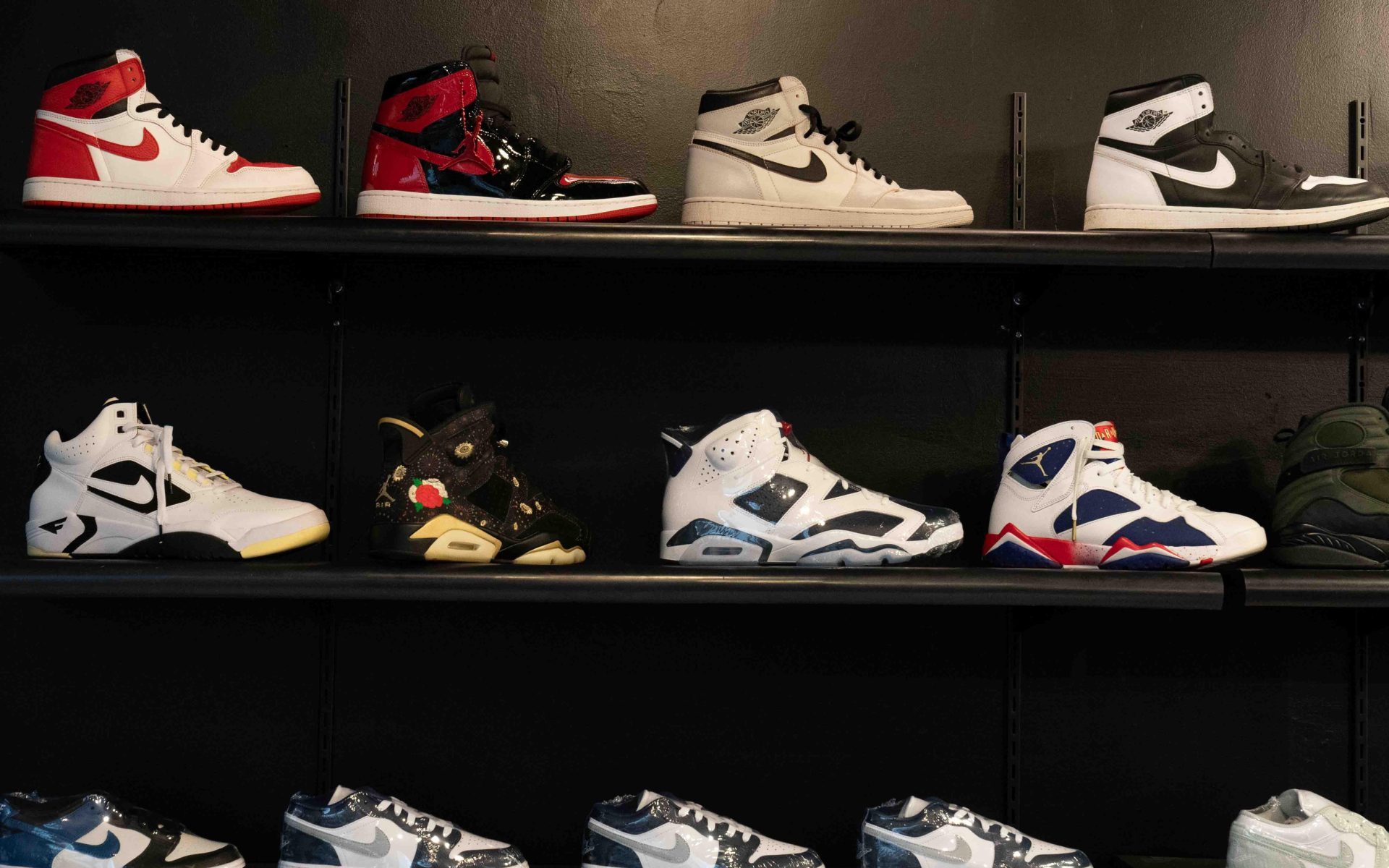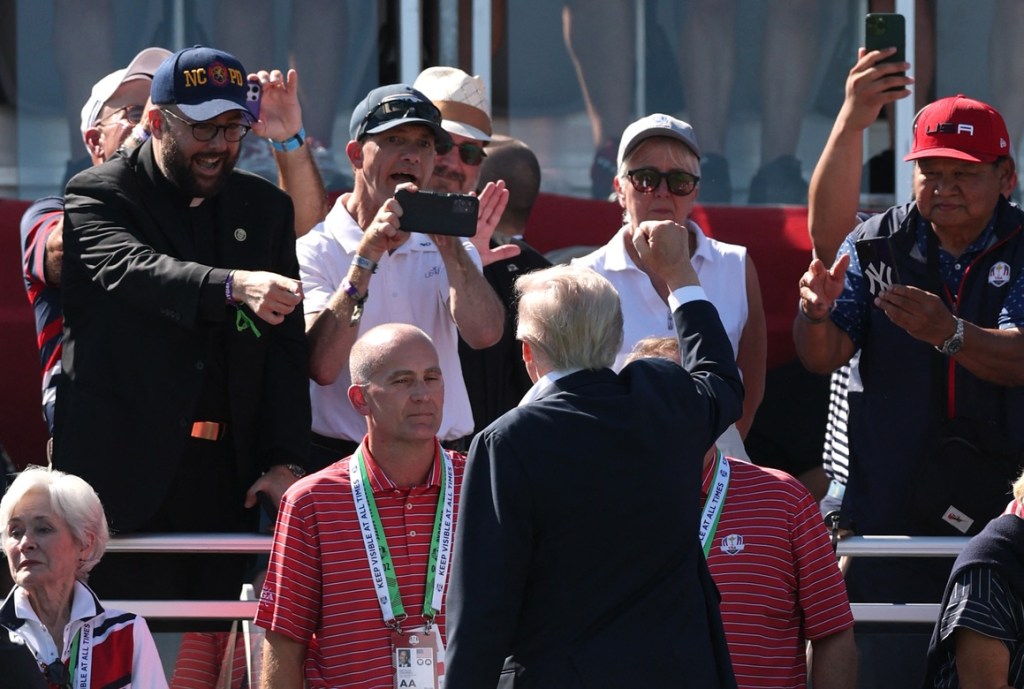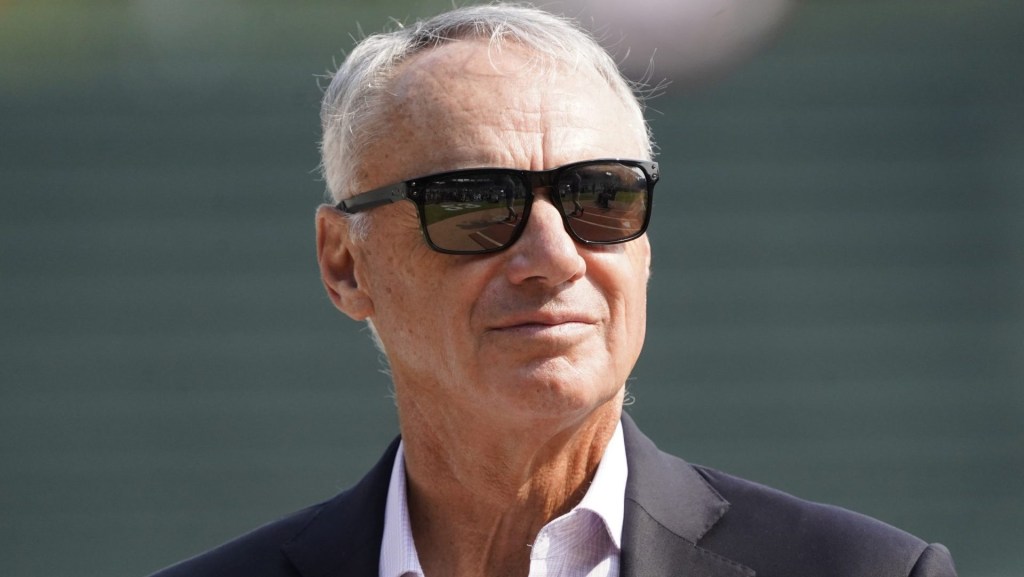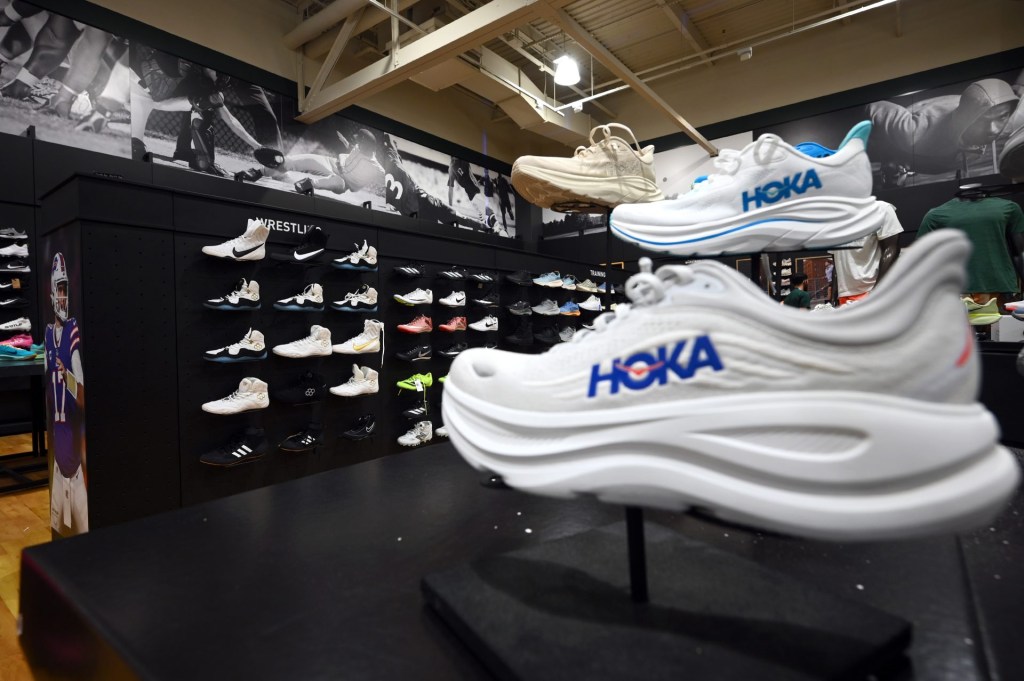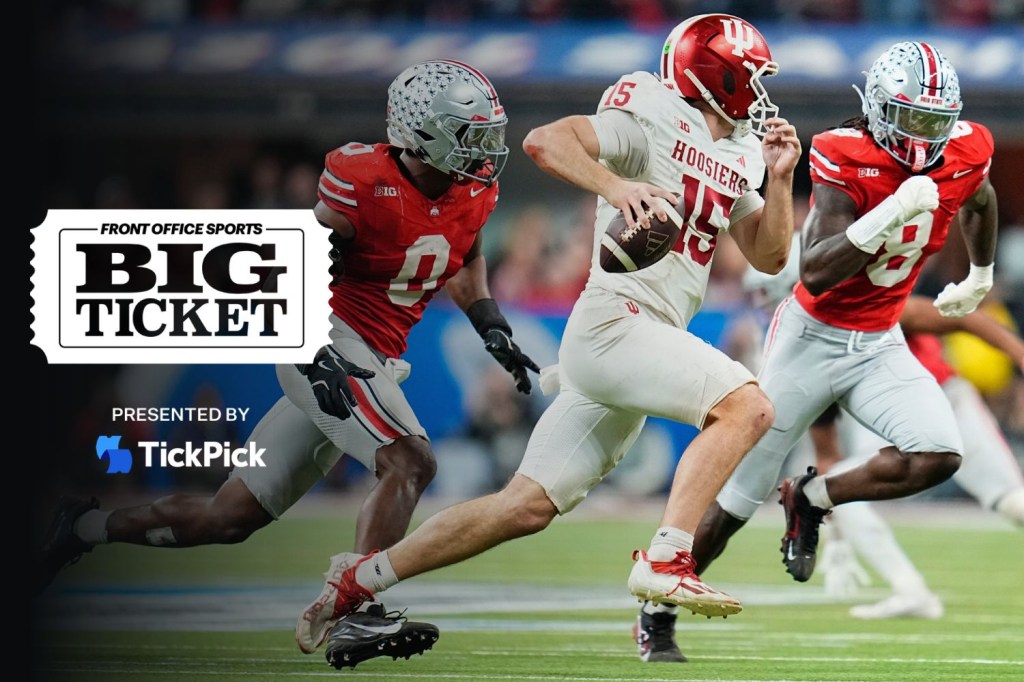Nike’s attempted recovery under new president and CEO Elliott Hill took another small but meaningful step forward, as the company beat Wall Street expectations while still grappling with a series of tariff- and inventory-related issues.
Oregon-based Nike said it generated $11.1 billion in revenue for its fiscal fourth quarter, down 12% from the comparable period last year. Net income of $211 million also plunged 86% from last year’s fourth quarter. Both of those drops, however, were smaller than analyst projections, suggesting that Nike may have already hit the low point in its transition.
To that end, Nike EVP and CFO Matthew Friend said the company “expects the headwinds to moderate from here.” For the full year, revenue was down 10% to $46.3 billion, and net income fell 44% to $3.2 billion.
The latest results, extending initial momentum seen in the early spring, arrived as Hill is seeking to retool the company. Complicating that effort, however, has been a frequently changing tariff and geopolitical strategy under U.S. President Donald Trump. The company’s heavy manufacturing presence in countries such as Vietnam and China makes it particularly exposed to such tariffs.
“The results we’re reporting today are not up to the Nike standard, but as we said 90 days ago, the work we’re doing to reposition the business is having an impact,” Hill said late Thursday in an earnings call with analysts. “From here, we expect our business results to improve.”
Immediate Reaction
Nike shares fell more than 2% in choppy after-hours trading late Thursday before rebounding, showing investors were still discerning the company’s prospects. More broadly, the stock has dropped 15% this year.
Still, the quarterly report gave some support to Wall Street’s hopes that Nike was gaining some footing. The company continues to face a difficult combination of issues that also includes price concerns among consumers, heightened competition among rival brands, and excess inventory across multiple sales channels. Nike is projecting a mid-single-digit percentage decline in revenue for the first quarter of its fiscal 2026.
“I am confident in our ability to navigate through this current dynamic and uncertain environment by focusing on what we can control,” Friend said.
Among Nike’s latest restructuring moves is the return to a “sport offense” strategy in which the business will be organized around individual sports as opposed to separate genders. The move reverses much of a prior reorganization under former president and CEO John Donahoe.
Elsewhere, Nike had mixed results Thursday in the running world as its “moon shot” bid to have Faith Kipyegon run the first women’s mile in less than four minutes fell short, but still resulted in the fastest time ever run by a woman.
